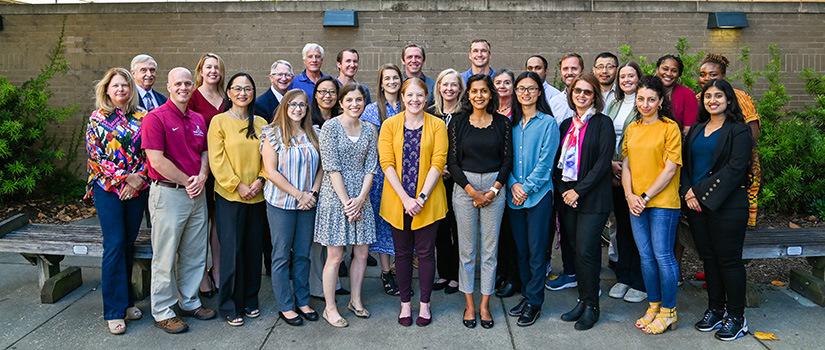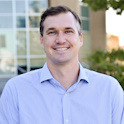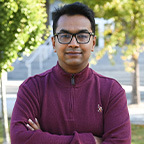
Stella Self to develop new ways to monitor spread of vector-borne diseases
With $3.7 million from the National Institutes of Health, Self will collaborate with colleagues from multiple institutions on a project that, over time, will save many more millions in the cost of surveillance efforts to track vector-borne diseases.






